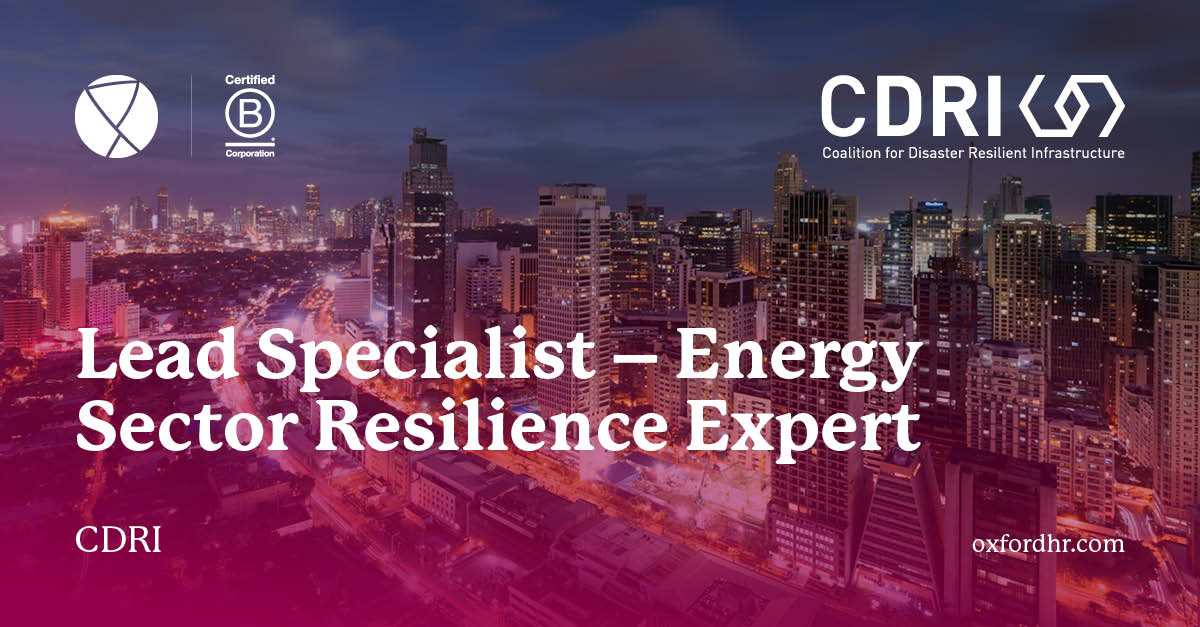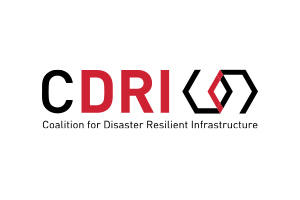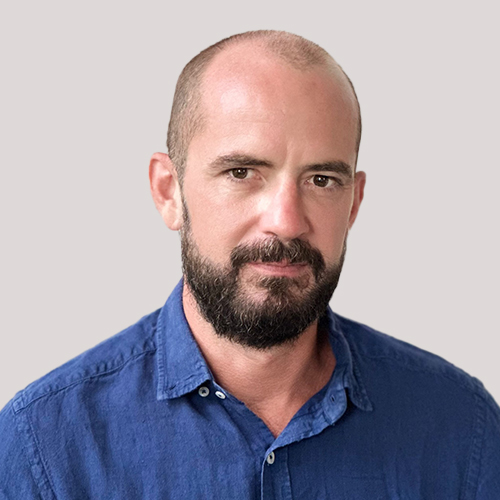
About CDRI
The Coalition for Disaster Resilient Infrastructure (CDRI) is a global partnership of national governments, UN agencies, multilateral development banks, private sector, and academic institutions. It aims to promote the resilience of infrastructure systems against climate and disaster risks to ensure sustainable development.
Strategic Work Plan 2023-2026
With the strategic work plan for 2023 – 2026, CDRI has set out the following strategic outcomes.
- Strategic Outcome 1: A strong Coalition that has the membership, resources, and global leadership to drive global, national, regional, and local DRI action.
- Strategic Outcome 2: Global DRI research, Coalition-led peer engagement, and CDRI-curated and generated knowledge promote risk-informed policy and practice.
- Strategic Outcome 3: Enhanced capacities of government, private enterprises, and communities to implement post-disaster recovery and DRI action at scale.
The CDRI Secretariat, based in New Delhi, coordinates and implements the Coalition’s strategic priorities and activities.
Role Objective
CDRI seeks experienced professionals to lead the development and implementation of technical assistance and capacity-building initiatives to enhance the resilience of energy infrastructure systems. As Energy Sector Resilience Expert, the incumbent will play a critical role in supporting member countries through advisory, technical, and programmatic interventions that align with global climate frameworks and CDRI’s strategic goals.
Key Responsibilities
1. Technical Assistance
- Design and deliver resilience-focused technical assistance in coordination with member countries and stakeholders.
- Conduct technical studies and risk assessments for power infrastructure systems (generation, transmission, distribution).
- Support resilient planning and design for renewable energy (solar, wind, hydro), energy storage, and microgrids.
- Address regulatory and policy gaps; promote innovative and climate-adaptive technologies.
- Embed a life-cycle approach into project development—from planning to decommissioning.
- Facilitate access to disaster/climate financing for energy infrastructure resilience.
- Engage with public, private, and multilateral institutions to align national energy systems with resilience standards.
2. Capacity Building
- Lead capacity-building activities for national governments and sector professionals.
- Prepare technical guidance, policy briefs, and case studies on energy resilience.
- Develop and deliver training modules in workshops and knowledge-sharing platforms.
- Foster partnerships with universities, think tanks, and international agencies involved in the energy sector.
3. Management and Representation
- Contribute to programme management and reporting functions at the Secretariat.
- Support the design and delivery of energy-focused initiatives under CDRI’s Strategic Work Plan 2023–2026.
- Represent CDRI in global energy and climate resilience dialogues.
- Document stakeholder consultations and maintain sectoral knowledge networks.
Candidate Profile
Qualifications
- Master’s degree in electrical engineering, energy systems, energy policy, renewable energy, or a closely related field.
- Additional credentials in climate adaptation, infrastructure resilience, or business would be advantageous.
- International academic background preferred.
Experience
- Minimum 10 years of relevant experience, with at least 4 years in a leadership capacity.
- Proven expertise in one or more of the following areas:
- Power Generation & Transmission
- Grid Resilience & Smart Energy Systems
- Renewable Energy (Solar, Wind, Hydro)
- International project experience across at least 5 countries and 2 UN geographic regions is required for international hire eligibility*.
Technical & Soft Skills
- Strong command of resilient infrastructure design for energy systems, including backup grids, battery storage, and decentralized systems.
- Experience with agencies such as IRENA, IEA, World Bank (ESMAP), or national regulators.
- Familiarity with disaster recovery planning and emergency energy strategies.
- Strong analytical and strategic planning capabilities.
- Skilled in project management tools (e.g. MS Project, Primavera).
- Proficiency in energy modelling tools is an asset.
- Excellent communication, facilitation, and interpersonal skills.
- Ability to lead multi-disciplinary teams and engage diverse stakeholders.
Language Requirements
- Fluency in English (oral and written) is mandatory.
- Proficiency in another UN language is an asset.
*International Hire = 10 years of international work experience in at least 5 countries across 2 UN geographic regions (from Africa, Asia, Europe, Latin America and the Caribbean, North America, and Oceania) would be considered for international positions (International hire).
Job Features
| Job Category | Humanitarian, Redmond, Sectors |
| Location | New Delhi, India |
| Grade & No. of Positions | Lead Specialist (2) |
| Salary & Benefits | Competitive |
| Contract | Fixed Term Contract (3 years), extendable for up to another 3 years, Full-Time, National/International Hire |
| Closing Date | Applications will be reviewed on a rolling basis and the position will remain open until filled. |
Apply
Interested in this role? Download the appointment brief below for more information and then come back to this page to apply.
By applying with us, you agree to Oxford HR’s Privacy Policy

Job Features
| Job Category | Humanitarian, Redmond, Sectors |
| Location | New Delhi, India |
| Grade & No. of Positions | Lead Specialist (2) |
| Salary & Benefits | Competitive |
| Contract | Fixed Term Contract (3 years), extendable for up to another 3 years, Full-Time, National/International Hire |
| Closing Date | Applications will be reviewed on a rolling basis and the position will remain open until filled. |

